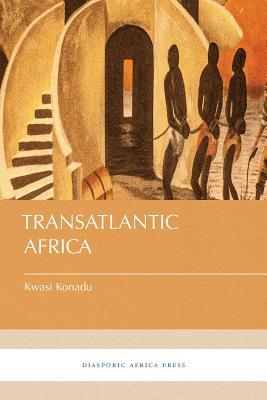Transatlantic Africa examines the internal workings of African and diasporic slave societies in the transatlantic era. Emphasizing a global context and the multiplicity of African experiences during that period, historian Kwasi Konadu interprets transatlantic slaving and its consequences through African and diasporic primary sources. Based on careful reading of Africans' oral histories, archival documents, and visual evidence, the book connects those experiences to local and international slaving systems. It also tackles the themes of commodification, capitalism, abolitionism, and reparations. By integrating these views with critical interpretations, Transatlantic Africa balances intellectual rigor with broad accessibility, helping readers to think anew about how transoceanic slaving made the modern world

Transatlantic Africa examines the internal workings of African and diasporic slave societies in the transatlantic era. Emphasizing a global context and the multiplicity of African experiences during that period, historian Kwasi Konadu interprets transatlantic slaving and its consequences through African and diasporic primary sources. Based on careful reading of Africans' oral histories, archival documents, and visual evidence, the book connects those experiences to local and international slaving systems. It also tackles the themes of commodification, capitalism, abolitionism, and reparations. By integrating these views with critical interpretations, Transatlantic Africa balances intellectual rigor with broad accessibility, helping readers to think anew about how transoceanic slaving made the modern world